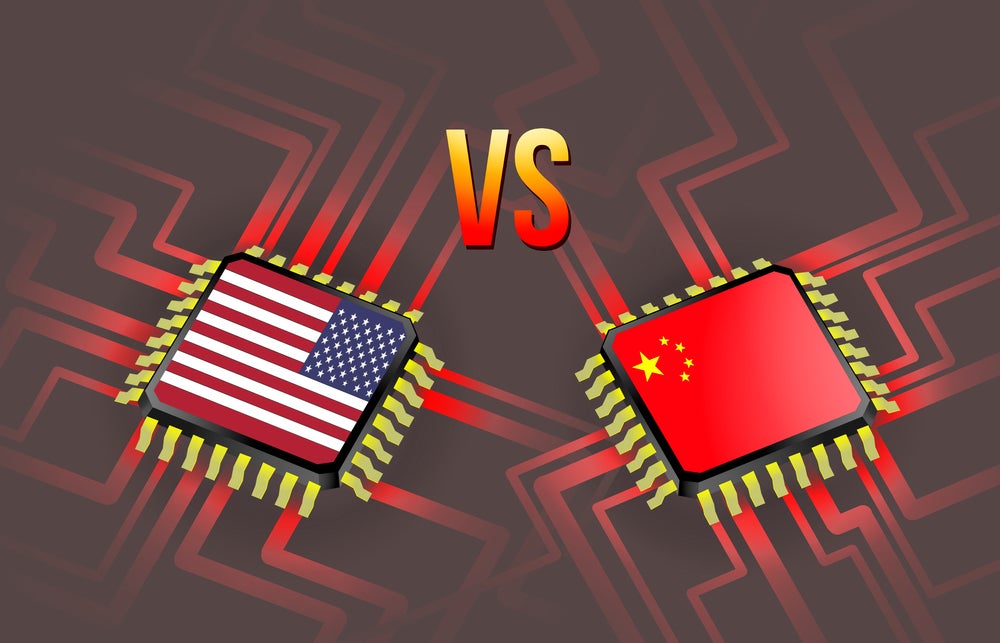
Gal Ringel estimates that 350 companies store personal information about you. “It can be your credit card number, your social security number, your physical address, your date of birth, a copy of your passport, things like that,” he tells Verdict.
The thing is that they didn’t take that data without asking. You gave them permission to store it when you booked a flight, bought a PlayStation or subscribed to a magazine. Even Domino’s knows where you live these days.
All those little subscriptions and orders you’ve made through the years mean that 350 companies have permission to store that information about you. And that’s a problem.
Quite often, most people don’t know what information companies store on them. It means that they are unaware of just how exposed they are in terms of private information being exposed through a hack at organisations storing the data. Sounds scary? Ringel thinks so. That’s why he and his two co-founders launched Mine in February 2019.
“We wanted to help people remove their data from all the unnecessary places that pose unnecessary risk for no reason,” Ringel, who now serves as Mine’s CEO, says.
Today, Mine has 300,000 users in Israel, the US and in Europe.
Ringel’s business isn’t the only one noting the growing importance of data privacy. Over the past few years, data privacy has grown in importance to the point that failing to protect users’ information has grown into a major concern for companies, as highlighted by a recent GlobalData Thematic Research report.
That is also the reason why Silicon Valley behemoths like Apple and Google are trying their best to give the impression that they are bastions of data privacy.
Mine protecting data privacy
The idea is that Mine’s solution will be able to go through your email with its “non-intrusive AI” and essentially find every subscription and order you’ve ever made or any other way you have been encouraged to provide private info.
“We identify digital interactions that contains sensitive information, then we show you exactly what data they keep about you and we calculate the risk of that digital exposure,” Ringel tells.
Once finished running through your email, the data privacy startup can provide a list of anyone that could be storing your data. If you don’t want anyone on that list to store your data, you simply tick a box and the Mine platform will automatically send out a request for the company to delete your information.
The CEO claims that Mine’s recommendations have saved 30,000 users from having their private data from being compromised through hacks. For instance, he says that 2,500 customers avoided having their data leaked when EasyJet was hacked last year.
Unit 8200
Ringel has always been interested in technology, remembering writing code as young as 10-years-old. The future Mine co-founder then cut his teeth professionally after joining the legendary Unit 8200 of the Israel Defense Forces.
Shmone matayim, as it’s called in Hebrew, is a military branch compromised of young draftees between the ages of 16 to 18-year-olds. The cyberwar unit has several high ranking founders in the cybersecurity industry.
Unit 8200 alumni include the founders of $4.7bn startup Snyk, multinational Palo Alto Networks and the controversial NSO Group, which has most recently been accused of having created the tool used to hack into journalists, politicians and human right activists’ phones.
It was also there that Ringel would meet his future co-founder and CTO Gal Golan.
“We actually served together for six years in various engineering roles around cybersecurity,” Ringel remembers.
The CEO says that the experience was one of the key reasons why they’d go on to launch Mine.
“We learned first-hand how personal data can be exploited,” he remembers.
Mine’s third co-founder and CPO learned about data privacy somewhere completely different: whilst working at King, the company behind the video game Candy Crush Saga.
“At Candy Crush it’s their job to learn how you use their games in order to make you spend more money within the game,” Ringel says.
In the years since, the Mine team has grown increasingly conscious about the importance of data privacy. Scandals like the Cambridge Analytica affair cemented their belief that something had to be done.
Value-based internet
Ringel isn’t opposed to companies storing information about you as long as it is serving you. Often, companies having that data will help them provide you with a better service. What he is against is the idea that they can store that information indefinitely. The notion of a “value-based internet” is central to this idea.
“It actually means that we encourage you to use the internet for your own benefit to sign up to new services, to buy products, to travel, to do whatever you want with the internet that really helps you live your life,” he explains. “But Mine will help you understand where your data is [and] what the risks are that it is generating to your life and then give you the choice to remove it whenever you want.”
To date, Mine has raised $12.5m to boost data privacy. Ringel raised its most recent round, a $9.5m funding round, in October 2020.
While adamant that Mine has enough money at the moment, Ringel is open to the idea that it will raise a Series B round by the end of 2021.







